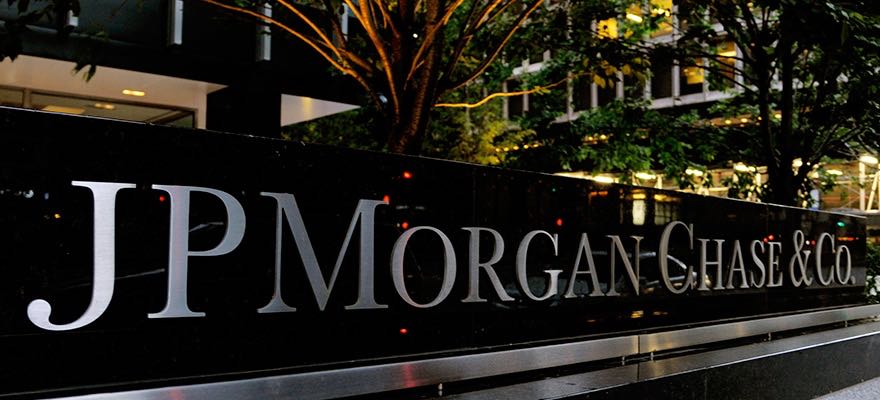In the latest instance of problems surrounding cryptocurrency banking transactions, a new lawsuit claims that JPMorgan Chase & Co charged hidden, illegal fees when it halted the use of credit cards to buy virtual coins.
In late January, JPMorgan started declining credit card transactions with crypto exchanges and began treating crypto-related purchases as cash advances.
Per a Reuters report, an Idaho resident filed a class-action lawsuit against the company for charging “both extra fees and substantially higher interest rates on the cash advances than on the credit cards.”
The lender allegedly charged customers higher fees than the real cost of transactions and refused to refund the charges when the clients complained.
JPMorgan spokesperson Mary Jane Rogers was dismissive of claims surrounding the bank’s approach towards financing cryptocurrency transactions, noting that clients can use their debit cards to avoid incurring cash advance charges.
According to the lawsuit, the troubles began snowballing over the last two months when several banks, including JPMorgan, decided to block credit-card purchases of digital currencies on venues around the world.
Days later, the plaintiff called Chase staff to complain that hefty cash advance fees were appearing on his card statements. Those included $143.30 in fees and $20.61 in surprise interest charges for five cryptocurrency-linked transactions occurred between January 27 and February 2. However, the customer service refused his request to dispute the charges.
JPMorgan is not the only financial institution that imposes hefty charges for transactions associated with cryptocurrency. Visa and Mastercard were also accused of changing the merchant classification code of several crypto exchanges, prompting banks to treat card purchases on those sites as cash advances.
Several banks have already backed away from digital currencies as they fear that allowing purchases of Cryptocurrencies using borrowed money could leave them on the hook if the buyers’ bets go wrong and they cannot repay their debts. Credit transactions can also create big headaches for banks if stolen cards are used to buy untraceable cryptocurrencies.

















